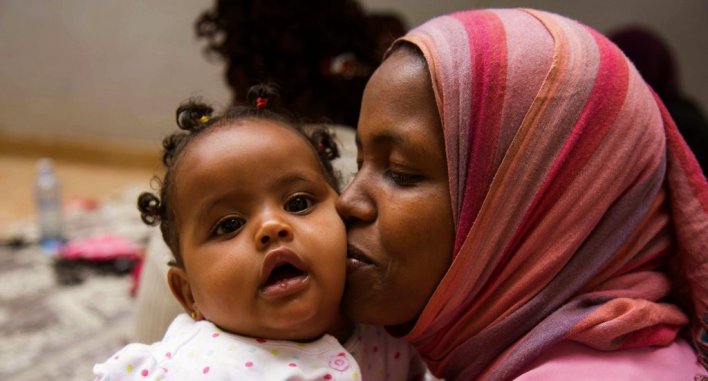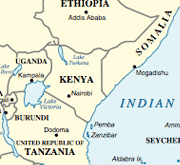ADVOCACY OVERVIEW
Heshima Kenya
recognizes the importance of educating our partners in government, the NGO
sector, policy groups, and civil-society actors about the legal, psychosocial,
and economic challenges experienced by the girls and young women we serve. Our
advocacy focuses on refugee protection, child protection, and the rights of
women and girls. Heshima Kenya actively works from the ground up in order to
advocate for stronger protection policies and
comprehensive programming.
RESEARCH AND REPORTS
Our special report, The Moved and the Shaken. (Click to view and download a PDF version of the report)
In response to the urban refugee directive issued in 2012, and knowing that the consequences of such a directive would be dire for the vulnerable refugee women and girls Heshima Kenya serves, from January to March of this year our advocacy team conducted formal research highlighting the lived experiences of more than 50 female refugees and asylum seekers. Moved and Shaken: How Forced Relocation Affects the Lives of Urban Refugee Women and Girls (find attached). The report conveys the many ways that refugees need to be protected and empowered, instead of persecuted and coerced. Our report sets forth the myriad of issues refugee women and girls currently face in Kenya, while also conveying their plights and concerns.
ADVOCACY OBJECTIVES
-
Strengthen Identification and Documentation Strategies: Many refugees are unable to obtain the necessary documentation that gives them access to essential services. Heshima Kenya is working to ensure that refugees have the information they need about the registration and documentation process through community outreach activities. We are also working with our partners to expedite the legal documentation process for unaccompanied refugee children and young women with UNHCR.
-
Support Informal Education Programming: Barriers such as discrimination, limited spaces and scarce resources frequently prevent the enrollment of refugee children in some city public primary schools. To promote the right to education, Heshima Kenya is collaborating with our partners and engaging in discussions to ensure that refugee rights are included in the draft Education Bill. We have also partnered with the Department of Adult Education to implement a non-formal education curriculum formally sponsored by the Government of Kenya. This certification enables refugees, often without documentation, to sit for national exams and also receive formally recognized adult education certification.
-
Support Safe Shelters: We are currently working with our partners to establish and promote the development of a holistic, transitional protection shelter for women above 18 years facing protection risks.
-
Promote Community Education About Sexual and Gender-based Violence (SGBV): Heshima Kenya conducts workshops with members of the refugee community to inform and create awareness about SGBV response and prevention and community resources. We also co-chair the SGBV Working Group with UNHCR which seeks to address issues affecting women and girls facing protection risks and strengthen policy concerning their care and safety.
-
Promote Awareness of Urban Refugee Crisis in East Africa: Heshima Kenya’s Chicago office works to raise US awareness of the issues we are tackling in Nairobi. We host and speak at local events, conduct communication campaigns, and partner with US-based groups to ensure representation of issues facing unaccompanied refugee girls and women.



